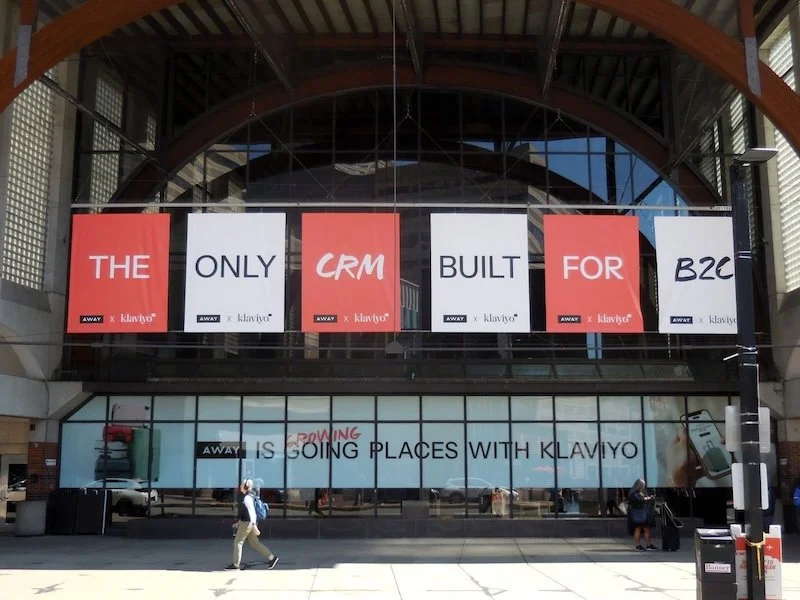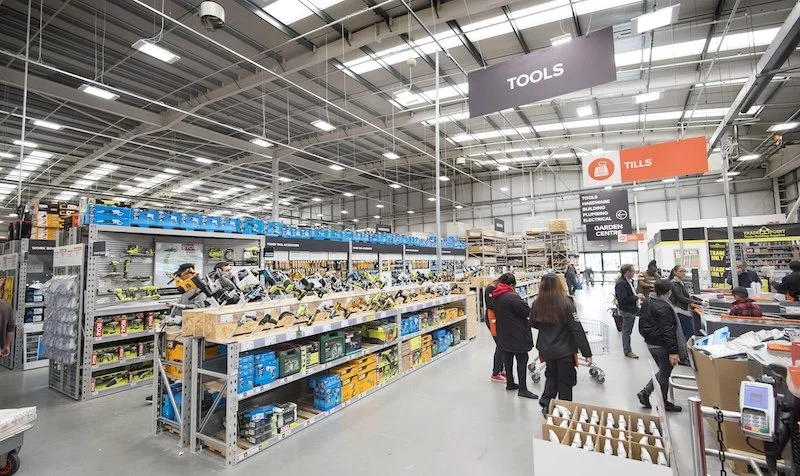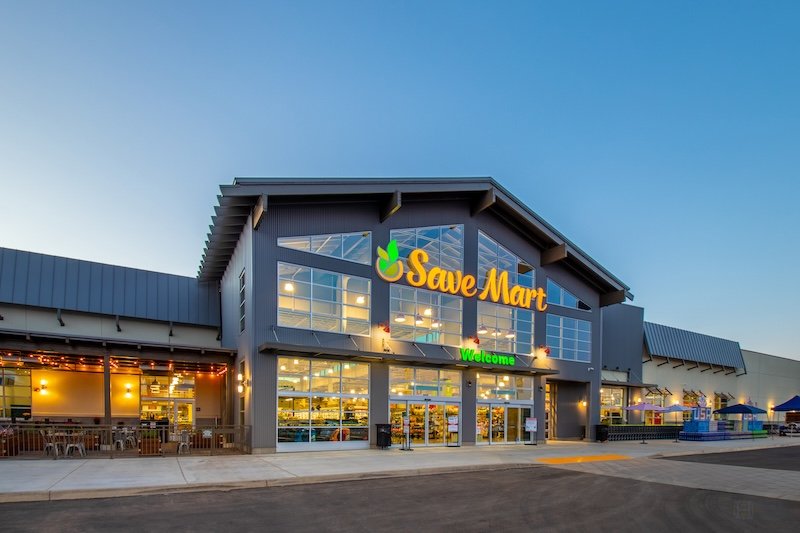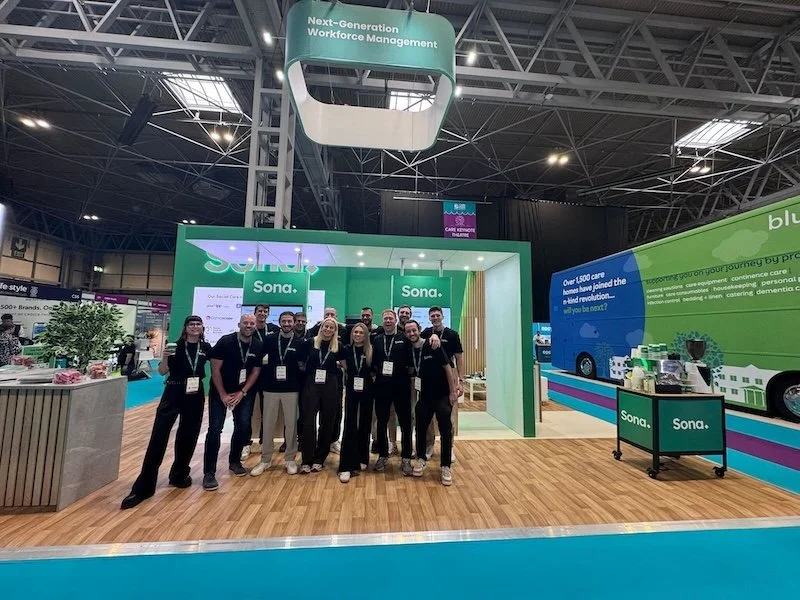Data and tech key as BearingPoint study flags major opportunities for UK retail to become more sustainable
A new BearingPoint study, involving a survey of British Retail Consortium (BRC) members, highlights a number of key opportunities for UK retail to become a more sustainable industry.
Although 85% of major retailers surveyed outlined sustainability as a business driver, and 72% have a roadmap to go beyond minimum compliance, four key opportunities were identified:
Accelerate investment in data and technology – Many retailers haven’t yet invested in data and technology to drive sustainability reporting - with 87% relying on collecting sustainability data, such as Scope 3 emissions, manually.
This is impacting on their ability to measure progress and inform decision making. By automating the process of collecting data, retailers will also have more time for value-adding activities such as co-development of new sustainable products.
Incorporate long-term risks and ESG macro trends into strategy – 43% of retailers were not yet considering the impacts of future ESG macro trends (within a 10/20/30 year timeframe) on their organisations strategy.
74% lack tools for simulating the effects of sustainability related changes.Retailers need to fully assess how different their future operating context could be and whether they have the right strategy to support this in the long-term.
Collaborate with external stakeholders to ensure accountability and transparency – Retailers are collaborating with suppliers, but although 70% have taken steps to communicate the sustainability of their products, 45% were unable to state the % of revenue that comes from sustainable produces/services.
Progress is required to build trust and transparently communicate their progress with customers and external stakeholders.
Recognise the role of employees in driving sustainability – Retailers are not yet realising the benefits of driving employee buy-in. 74% had no link between the achievement of sustainability targets and remuneration.
60% provided no training or merely basic awareness training to employees outside of the core sustainability team. Effective training and incentivisation will empower employees to deliver impactful change.
In 2020, the BRC launched the Climate Action Roadmap, which aims to ensure the Retail Industry and its supply chains are Net Zero by 2040. This is key to limiting global temperature rise to 1.5oC above pre-industrial levels.
The importance of retail is clear, in 2017, the full lifecycle of the sector’s sold goods had a footprint of around 215 million tonnes of CO2-equivalent – 31% of all GHG emissions associated with UK consumption.
Stuart Higgins, Partner at BearingPoint, says: “Our study shows that there are significant opportunities for UK retail to become a more sustainable industry.”
“Crucially, there are four key areas where retailers need to focus their efforts to accelerate progress – from incorporating a longer-term view which includes future risks and ESG macro trends into their strategy, to automating data collection processes, and collaborating more effectively with external stakeholders.”
“Finally, it’s vitally important for retailers to recognise the role of employees in really driving change across the organisation – not just relying on the core sustainability team to do this.”
“By working closely with the BRC, and by utilising BearingPoint’s Sustainability 360 methodology, we have been able to benchmark the UK Retail sector’s preparedness to deliver its sustainability agenda.”
“This is a groundbreaking piece of work that will help the UK retail sector to meet the growing demands for sustainable retailing from its customers and from its shareholders and investors.”
Tracey Banks, Climate Action Roadmap Manager at the British Retail Consortium, says: “This report shows that for most retailers, sustainability is a business driver. They are working beyond compliance and taking account of the risks that climate change poses to their future.”
“Almost two thirds of respondents already report on Scope 1,2 and most Scope 3 emissions and the majority also encourage sustainability engagement through staff forums.”
“However, there is still much to do. We need to see greater weight given to sustainability criteria in sourcing; clear links between achievement and renumeration at all levels and increased use of technologies for measuring and monitoring in order to drive down emissions.”
“It is also key, given that 40% of respondents did not know what proportion of their revenue came from sustainable products or services, that retailers take the opportunity to grasp how sustainable products drive their portfolios.”































Continue reading…